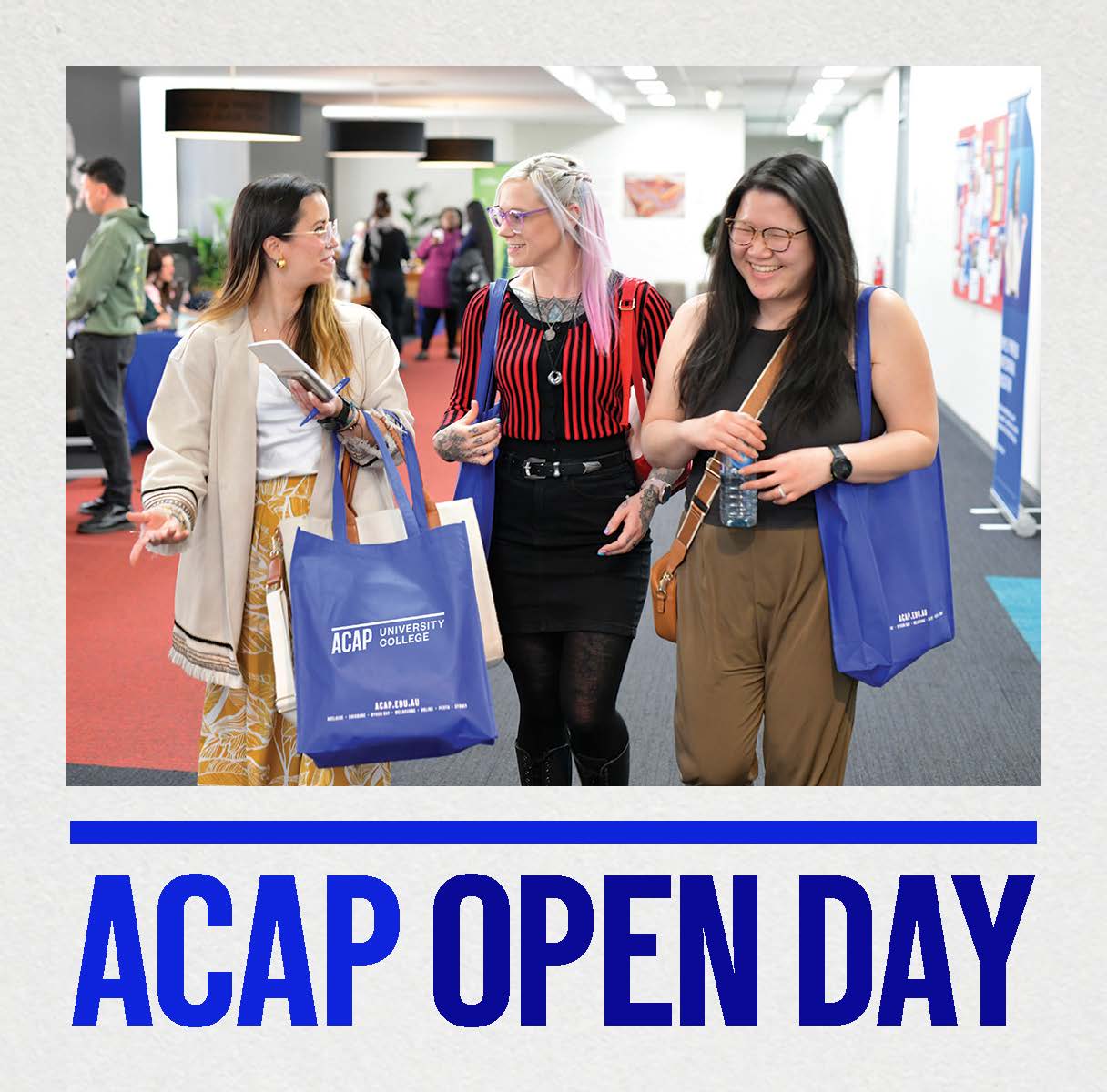Courses
- Not all units are offered in all trimesters or in all modes. ACAP reserves the right to cancel offerings if enrolments do not meet minimum class size.
- Units listed are based on the course recommended sequence of study.
IMPORTANT INFORMATION
- Not all units are offered in all trimesters or in all modes. ACAP reserves the right to cancel offerings if enrolments do not meet minimum class size
- Units listed are based on the course recommended sequence of study
Search by study area

